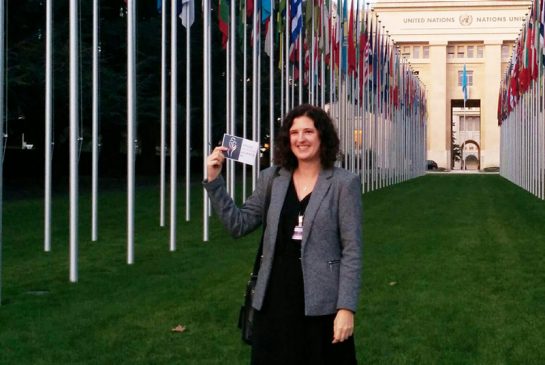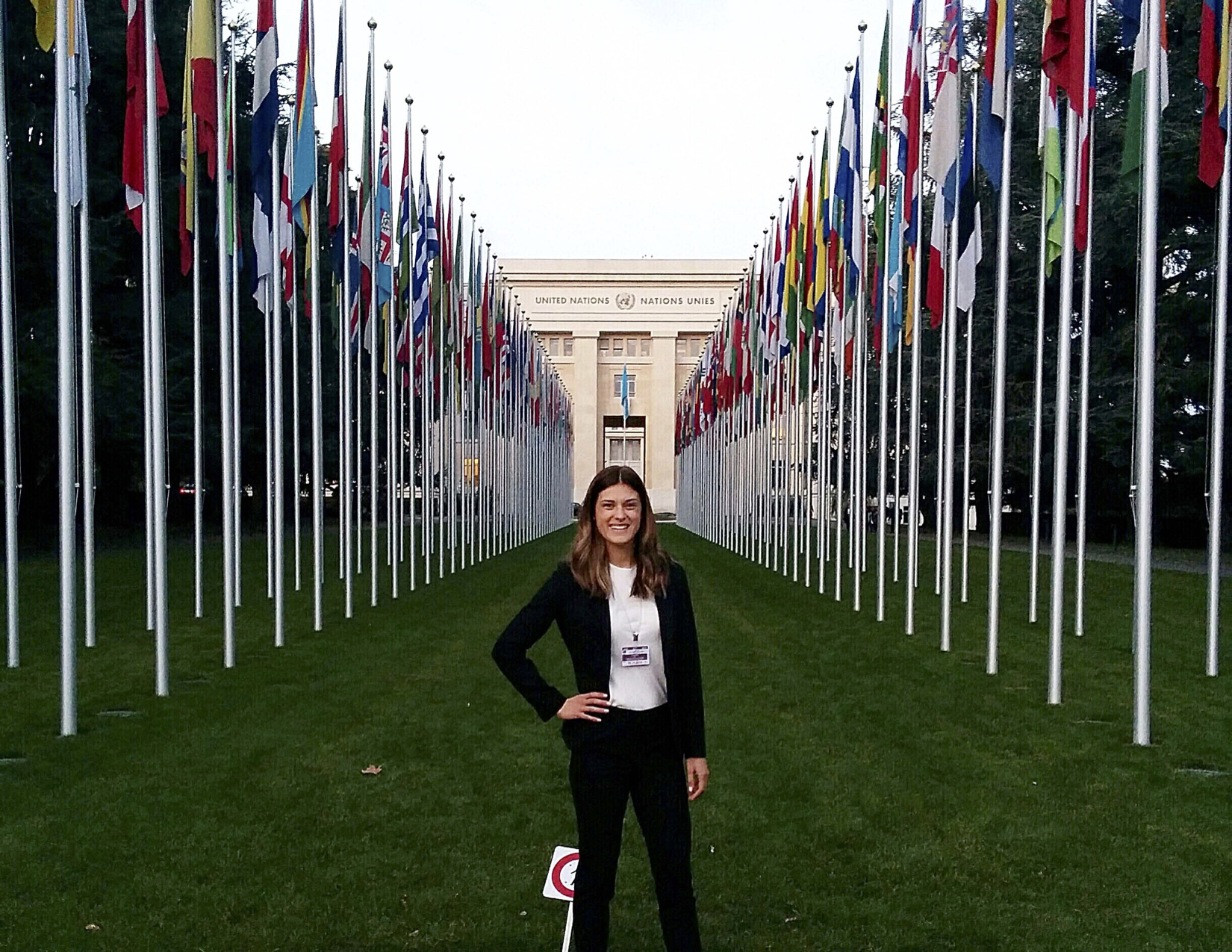The CEDAW exercise centres on the engagement of feminist organizations with governmental processes at multiple levels: the provincial, Canadian and international levels. It explores the effectiveness of engaging with international human rights bodies as a way to influence domestic public policy.
Co-investigators, Professor Margot Young (Allard School of Law, UBC) and Shelagh Day (Poverty and Human Rights Centre) worked with the BC CEDAW group to prepare an Alternative Report to the UN treaty body reviewing Canada’s Compliance with the Convention on the Elimination of All Forms of Discrimination against Women. The Feminist Alliance for International Action (FAFIA) also engaged with the CEDAW review and supported the BC efforts.
Background
The United Nations human rights system offers a unique opportunity for participation by non-governmental organizations. UN human rights treaties provide for a regular cycle of reviews of the progress a country is making in implementing its obligations under the treaties it has ratified, such as the Convention on the Elimination of All Forms of Discrimination against Women (CEDAW). The reviews are conducted by a treaty body, which is a committee (such as the CEDAW Committee) comprised of independent experts drawn from a number of countries. Other examples are the Human Rights Committee, which oversees compliance with the International Covenant on Civil and Political Rights, and the Committee on the Rights of Disabled Persons, which oversees the Convention on the Rights of Disabled Persons.
The UN treaty body responsible for the review under a particular treaty welcomes alternate (or shadow) reports from NGOs as a supplement to the official report from the government of the country under review. Members of the treaty body meet informally with NGO representatives in attendance at the country review in Geneva. Following a question and answer session with official government representatives of the country under review (described as a “constructive dialogue”), members of the treaty body prepare and issue a final report in the form of “Concluding Observations”. This report can serve as a valuable resource for NGOs wishing to pressure their home government to introduce policies that advance human rights.
The Feminist Alliance for International Action (FAFIA), a partner in Engendering Public Engagement, Democratizing Public Space project, is a leading advocate for the implementation of Canada’s international human rights obligations to Canada. The FAFIA website provides a wealth of background material on CEDAW and the CEDAW review process.
The exercise
Two co-investigators on the Engendering Public Engagement project, Shelagh Day and Margot Young worked with BC CEDAW, a Vancouver-based coalition of feminist organizations, to prepare an alternative report to the CEDAW Committee, the United Nations treaty body tasked with reviewing Canada’s compliance with obligations under the Convention on the Elimination of All Forms of Discrimination against Women. The project funded research support by Carly Stanhope, a second year law student who worked with the BC CEDAW group under the supervision of Margot Young. The Canadian Feminist Alliance for International Action (FAFIA), a partner in the Engendering Public Engagement Project, prepared four alternative reports, three in collaboration with other women’s organizations.
The BC CEDAW Coalition selected one of its members, Viveca Ellis, a leader and founder of BC’s Single Mothers’ Alliance, to attend the CEDAW Review of Canada in Geneva in October 2016.

Carly Stanhope, the research assistant on the BC CEDAW report, also had the opportunity to attend the Review in Geneva. She provided some brief reflections on her experience.

The CEDAW Committee released its concluding observations on November 18, 2016. A summary and the full text of the CEDAW Concluding Observations are posted under the documents section to the right.
Follow up campaign
On January 25, 2017, FAFIA, along with over one hundred organizations and individuals, sent a letter calling on the government to implement the recommendations of the CEDAW Committee.
On February 1st, FAFIA and its partner organizations launched a campaign calling for a National Gender Equality Plan as recommended in the CEDAW Committee’s Concluding Observations. Here you will find the press release and a link to the video of the press conference launching the campaign.
The speakers at the CEDAW Implementation Press Conference on February 1, 2017 were Suzie Dunn (Co-ordinator, Feminist Alliance for International Action), Farhat Rehman (Canadian Council of Muslim Women), Francyne Joe (President, Native Women’s Association), Barb Byers (Secretary-Treasurer, Canadian Labour Congress, Michèle Biss (Legal Education and Outreach Coordinator, Canada Without Poverty).
A video of the Q&A session with the media following the remarks of the spokespersons can be found here.
The campaign continues
The Step Up for Women’s Equality campaign is ongoing. Its activities may be followed on the FAFIA website.
Additional Resources
FAFIA, a partner in the PDG, collaborated with several other organizations to submit alternative reports to the CEDAW Committee for Canada’s Review in addition to submitting its own report. These alternative reports may be accessed in the documents section on the right and on the FAFIA website